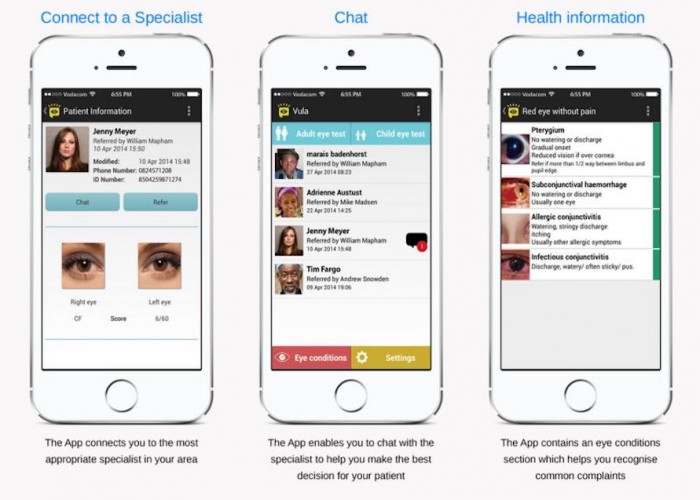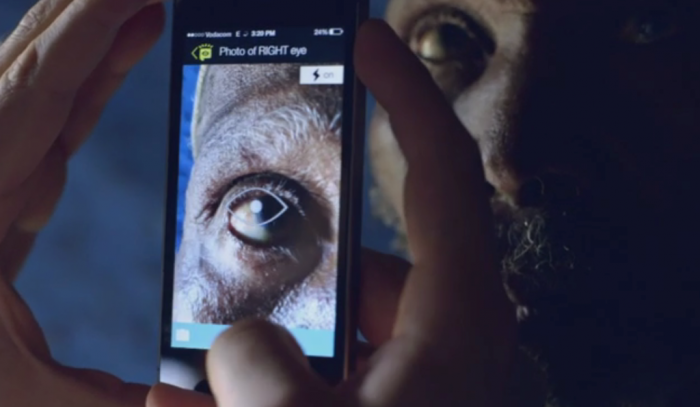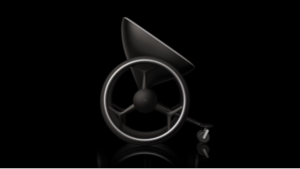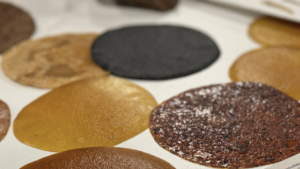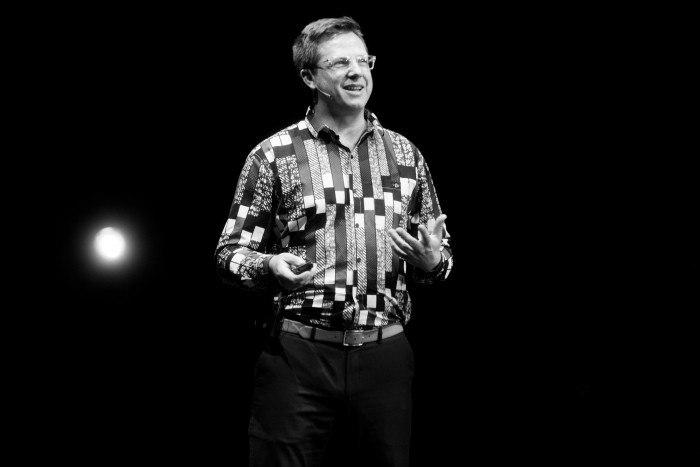
Having experienced the lack of access to opinions from specialists that young doctors face during his time as a doctor stationed at a rural hospital in the Transkei, Dr William Mapham wanted to do something about it.
The specialist ophthalmologist, who spoke at Design Indaba today, says he recognised that for the problem to be fixed, systemic change needed to happen. He told delegates that he realised that there was somethingt that needed to be done to bridge the gap.
This is what led to the development of the Vula app, which was conceived while he was working at the Vula Emehlo Eye Clinic in rural Swaziland. He experienced first-hand the difficulties faced by rural health workers when they need specialist advice.
The aim of the app is to give health workers – particularly those in remote rural areas – a tool that helps to get patients quick and efficient specialist care. The app connects doctors to the most appropriate specialists. It then allows them to chat to that particular specialist in order to help them make the right decision for their patient. The app also contains more health information to help doctors recognise common complaints.
Dr Mapham worked closely with specialists across different fields to put together the Vula app. These specialists donated their time as they believed in the mission behind the app and what was to come from it.
Launched in 2014 with the help of funding from the SAB Foundation Social Innovation Award, the app is available for download on Android and IOS. He told ehealthnews that data collected since the app launched showed that about 25% of all cases, across all specialties, are actually managed at the primary level in the rural setting.
"This is important because it shows that Vula has helped to minimise unnecessary referrals and, more than that, if patients do get referred they are given a specific date to visit the hospital to ensure that they are seen to properly. Using that data, we were able to start a conversation with the School of Public Health to initiate an economic study to understand how much money is saved by reducing referrals by 25%."
The app has won several awards including the most innovative app at the MTN App of The Year, as well as first prize at the 2016 Clearly Vision Prize awards. Last year it received the Platinum award for The Social Innovators Award.


